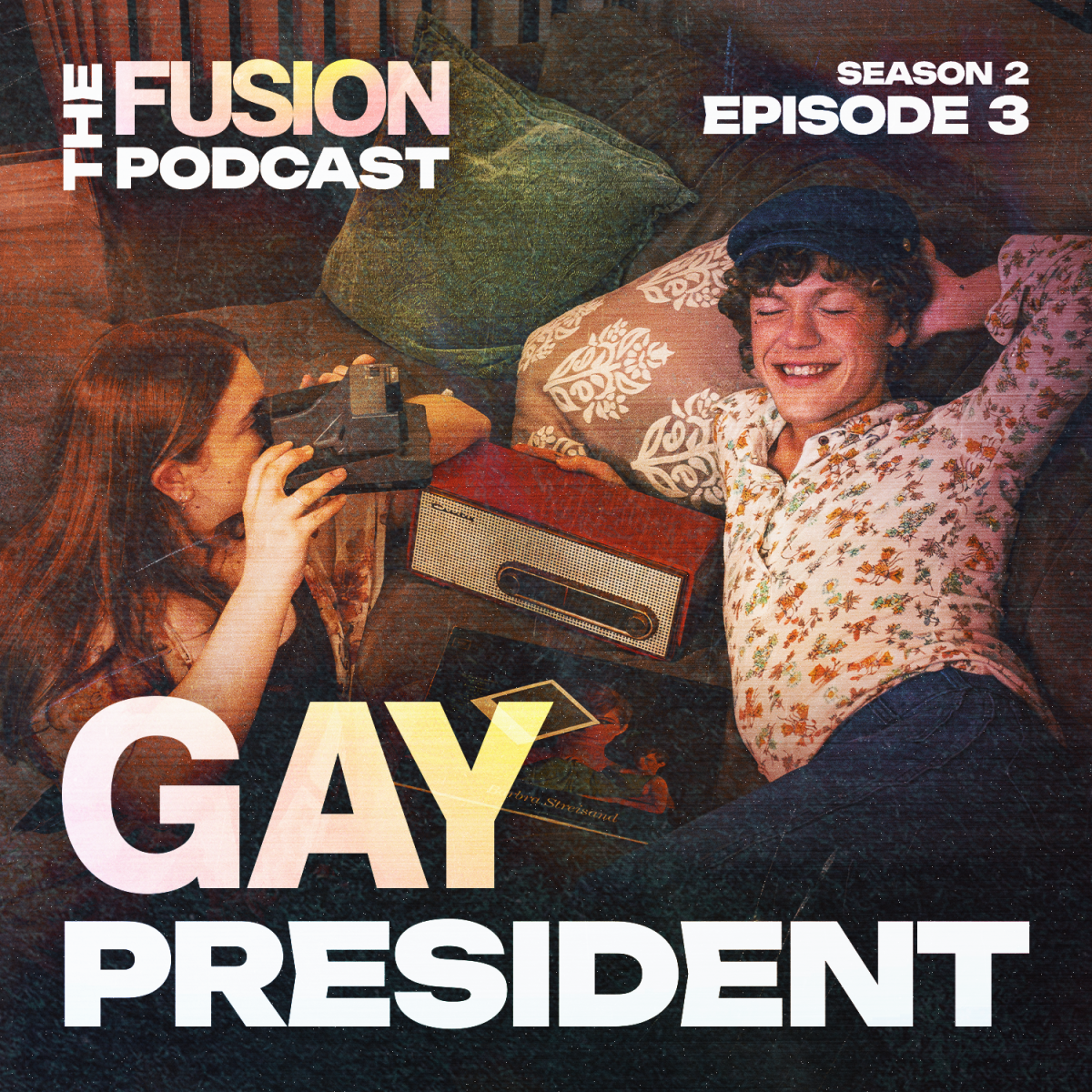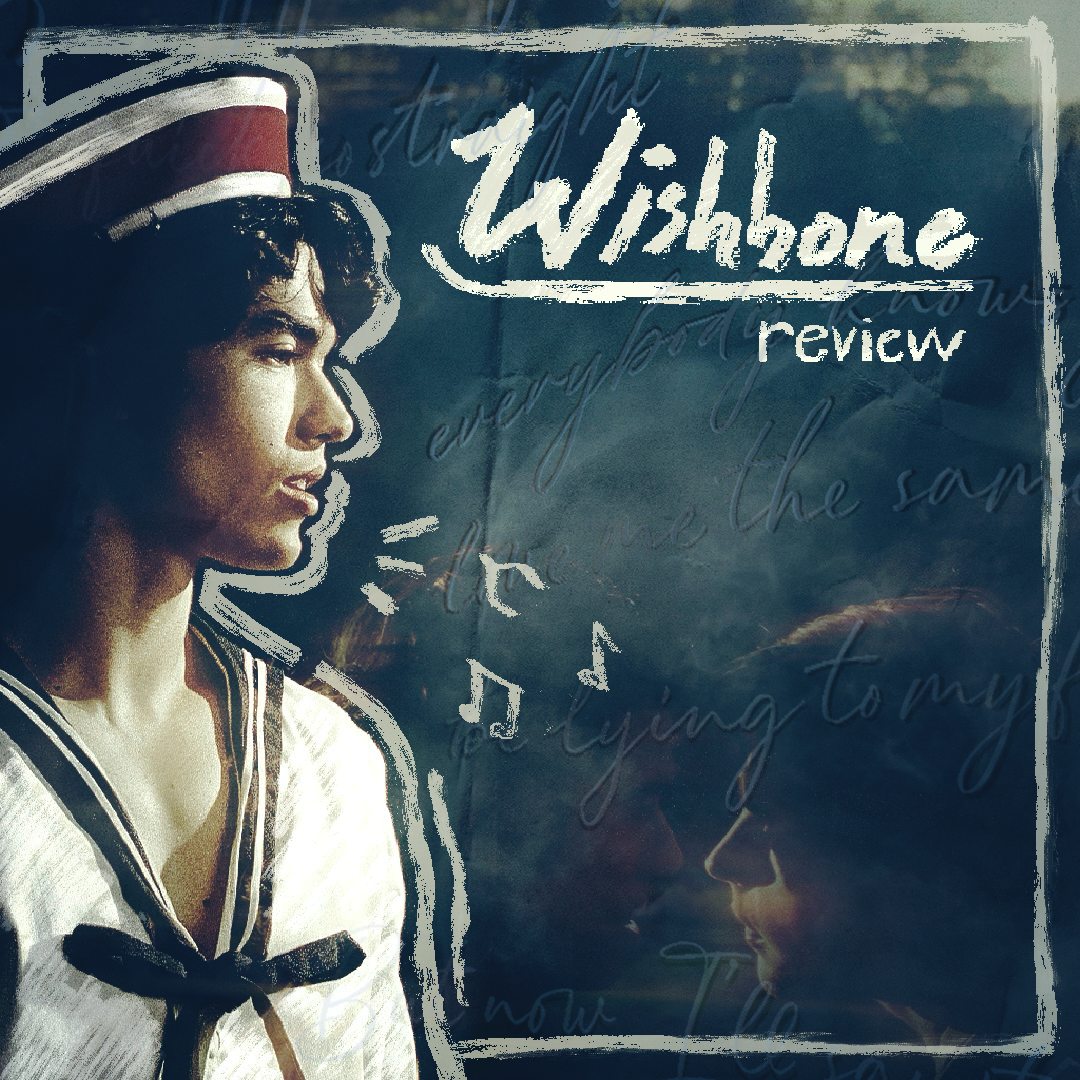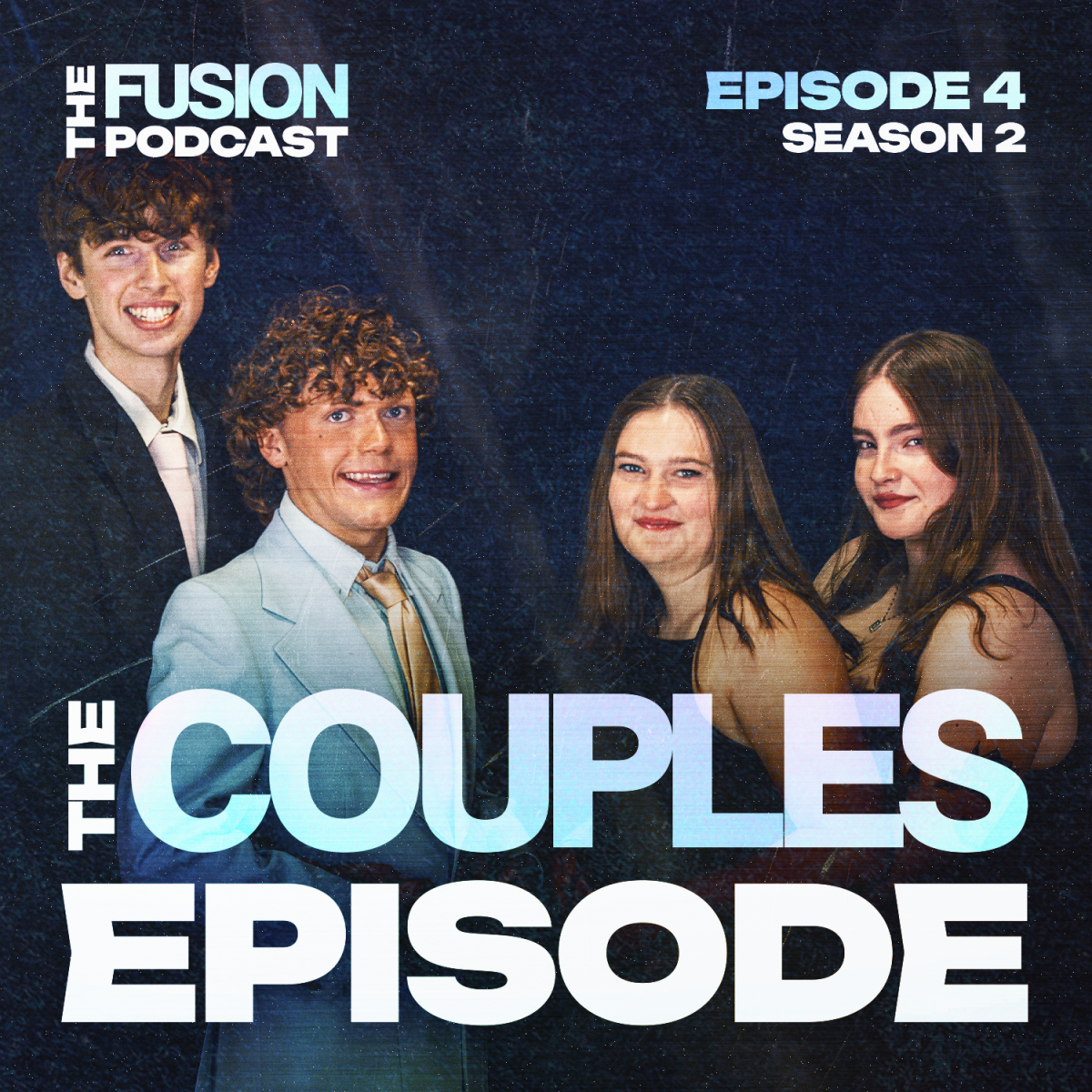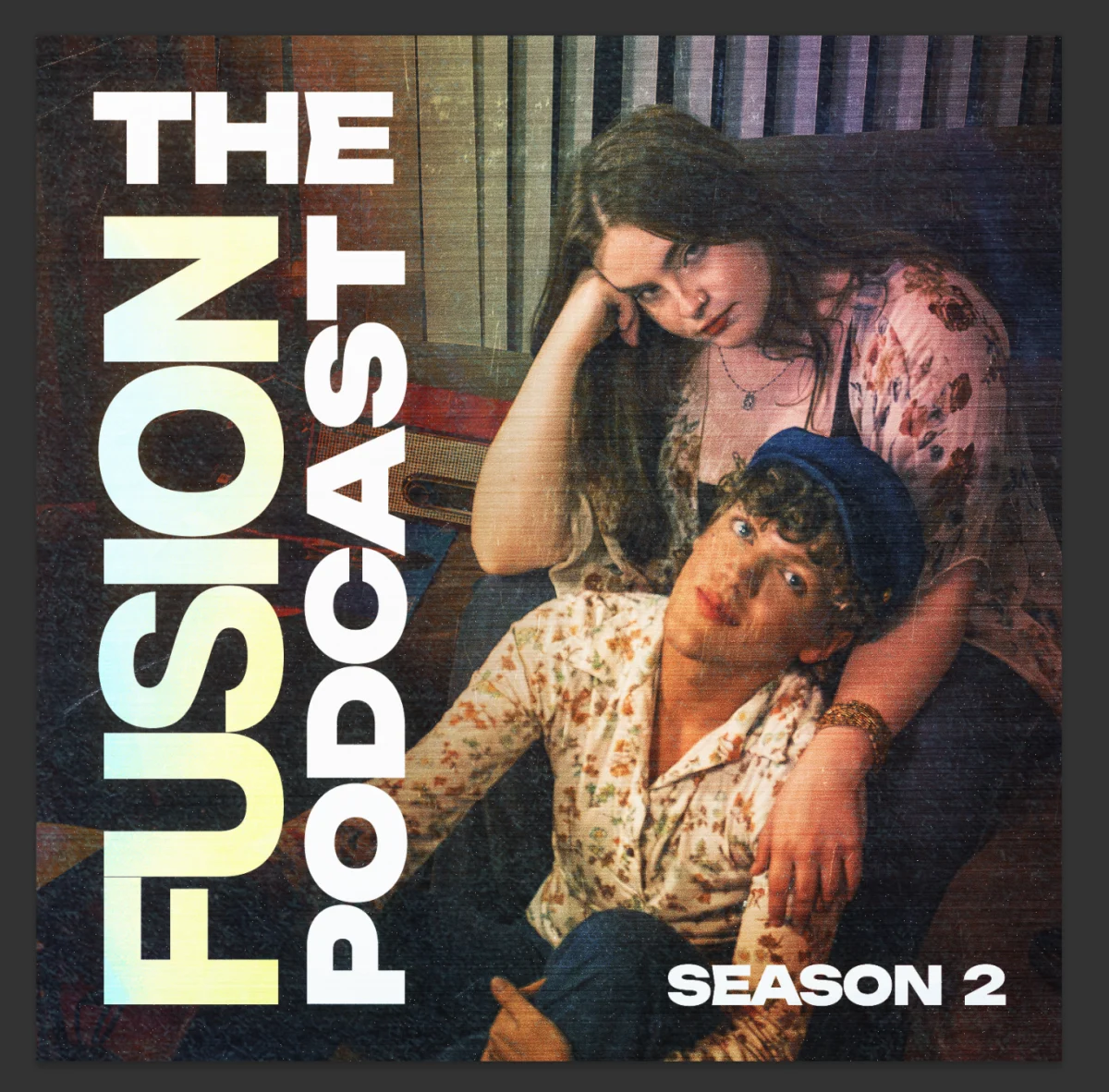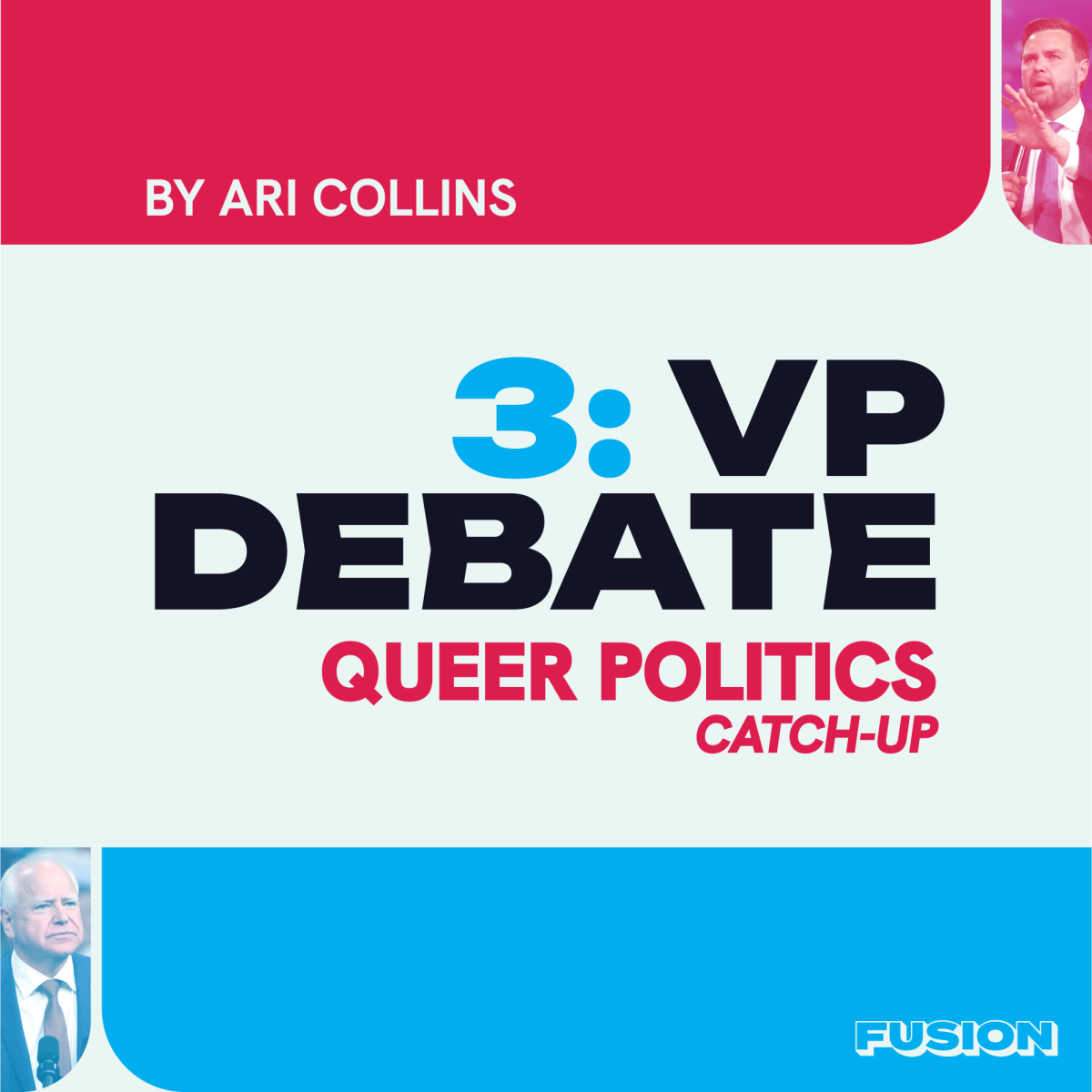With just a month until election day, voters still prepare to make their choices. The highly anticipated Vice-Presidential Debate, hosted by CBS Tuesday night, was a very civil affair but it may have still failed to answer major voter questions.
Candidates were asked questions on various topics including abortion, immigration, Middle Eastern conflict and climate change through discussion of Hurricane Helene. Although topics were serious and the debate was polite, it was not short on viral and meme-able moments. Here are my major takeaways.
On conflict in the Middle East
Minnesota Gov. Tim Walz (D) spoke of the attacks on Oct. 7, 2023 and advocated his support for Israel’s self-defense against Hamas. He acknowledged the need to end the humanitarian crisis Palestinians face in Gaza while protecting the United States’ allied forces.
“What’s fundamental here, is that steady leadership,” Walz said. Walz went on to explain that Kamala Harris’ steady leadership is what the U.S. needs in the involvement in this war.
Ohio Sen. JD Vance (R) says he supports former President Donald Trump’s approach to the issue of establishing effective deterrence. His approach, according to his statements in the debate, would require “peace through strength.”
Vance avoided clarifying his support or opposition to a preemptive strike by Israel on Iran. He instead said that it is Israel’s decision to make.
Abortion
Being a key issue for many voters this year, abortion was an important topic in the debate. Vance and Walz both appear to have clear stances on the matter.
Vance’s home state, Ohio, has recently implemented new abortion and reproductive freedoms due to the passage of Issue 1 last November. Although Vance does not agree with abortion, he said that the passage of the issue opened his eyes.
The issue made him, as a Republican, feel that the party needs to regain the people’s trust regarding reproductive rights.
Walz has a different position. He said that he thinks that overturning the influential Roe v. Wade was a mistake. Although Trump, and some other politicians, think that state control of the issue is beneficial, Walz disagrees.
“How can we as a nation say that your life and your rights, as basic as the right to control your own body, is determined on geography?” He said, defending his position.
Weaknesses and Strengths in the Debate
Walz continued to bring up his work in his home state Minnesota. This was strong because it showed voters what he stands for and how he has been able to foster change before. However, this was also a weak point for Walz.
While the work done in the state may be impressive to some, it doesn’t say much about his plans if put in office. Even if he implied wanting to implement his state policies as Vice President, on a federal level it might not be as easy due to division in the legislatures.
One mutual strength that Vance and Walz had was their acknowledgment of past mistakes or falsities.
Like Trump in the Presidential Debate, Vance continued to enforce Harris’ “failed attempts” to make change. Because Harris has been in office as vice president, many Republicans, including Vance, have made negative claims about her policy plans: if she wanted to do it, she would have already.
This is a weak argument from Vance for one reason: the vice president is not the same as the president. To put it simply, the Joe Biden administration is run by Biden, not Harris. She does not have the same power as President Biden, and therefore has not had realistic opportunity to make the changes she says she intends to make.
The debate, although between the vice presidential candidates, was still heavily centered on Harris and Trump. Both Walz and Vance faltered and had weak claims against each other because they focused on insulting each other’s running mate.
“A Damning Nonanswer”
The politeness in this debate was surprising and nice to see. But it still wasn’t perfect. While the two did answer questions and make points, I still felt unmoved by many of the claims. Many statements were too vague to draw a neat conclusion.
Walz’s now-viral quote of the night, “That’s a damning nonanswer,” which he said after Vance attempted to change the subject when asked about certifying the 2020 election, truly represents how I felt about the debate.
—
Ari Collins (she/they) is a first-year journalism student at Kent State with a special interest in politics and the power of young voices. She has previously written Op-Ed and editorial content regarding Ohio LGBTQ+ issues and wants to continue this effort to give perspective and encourage young voters to use their political power.

















